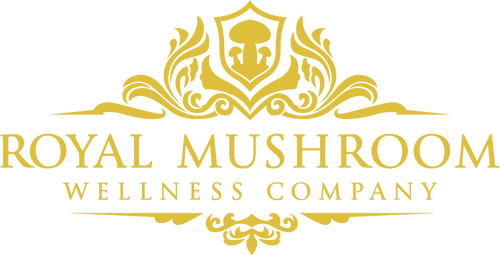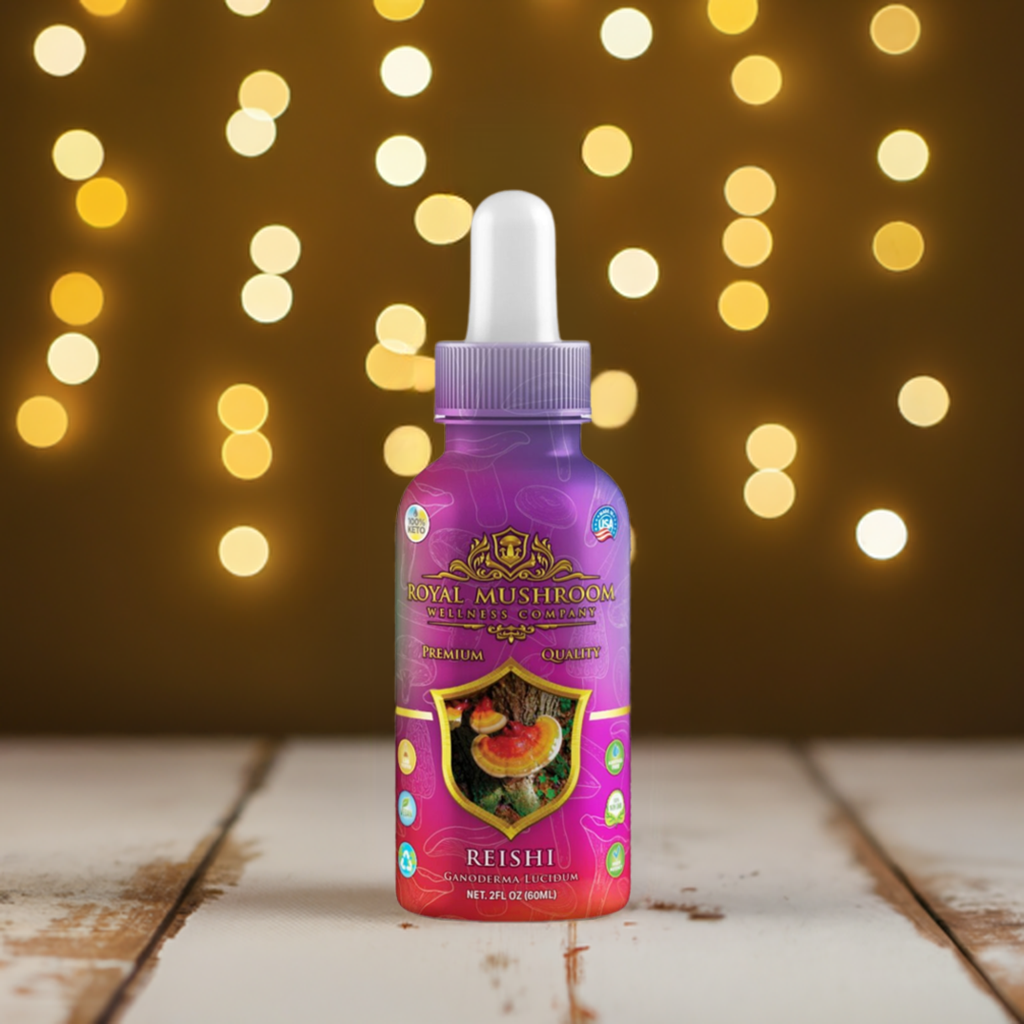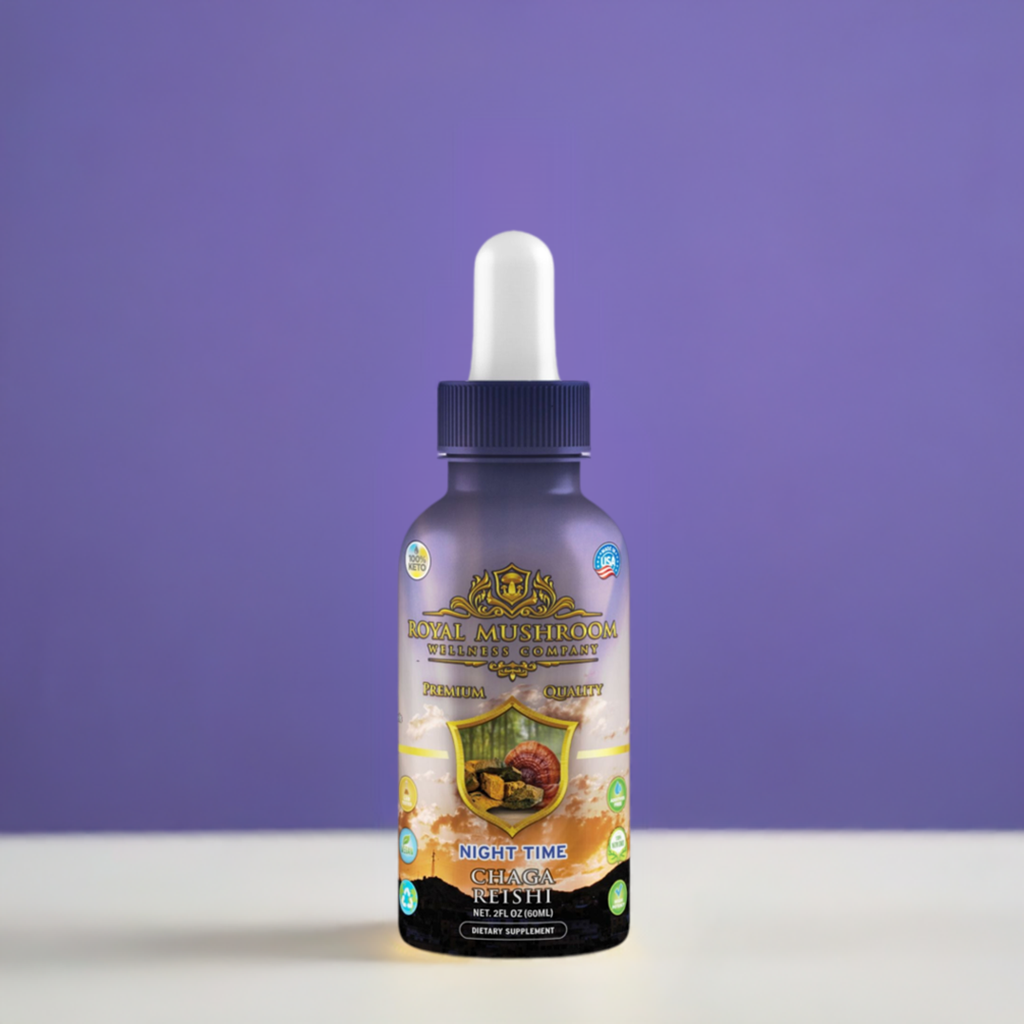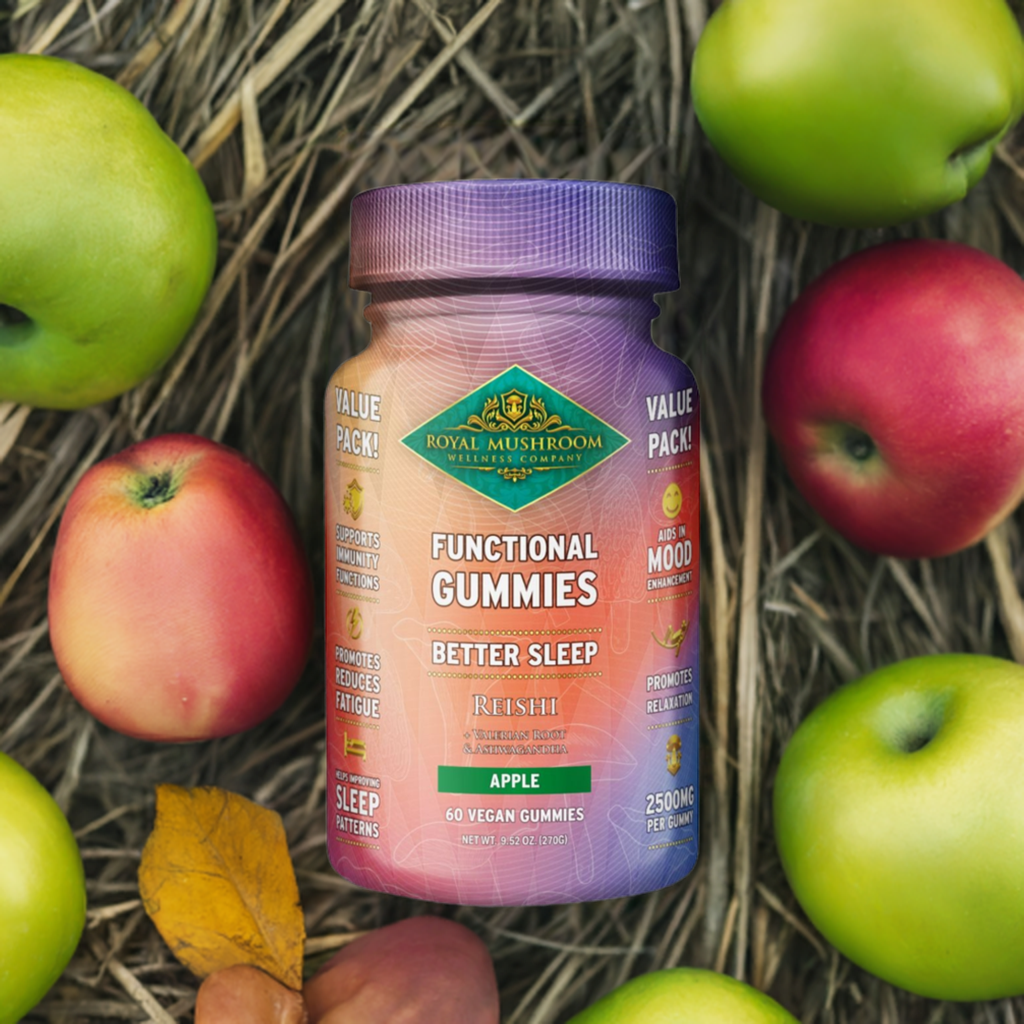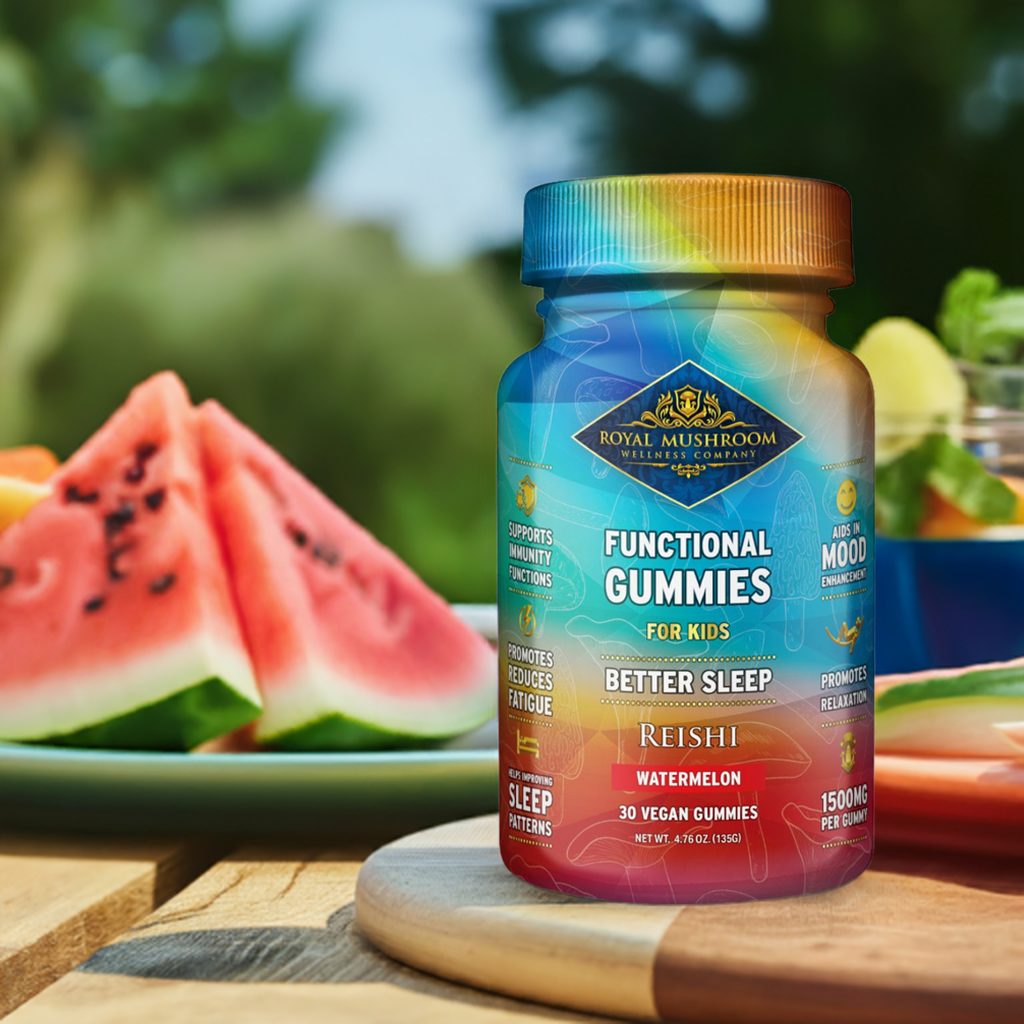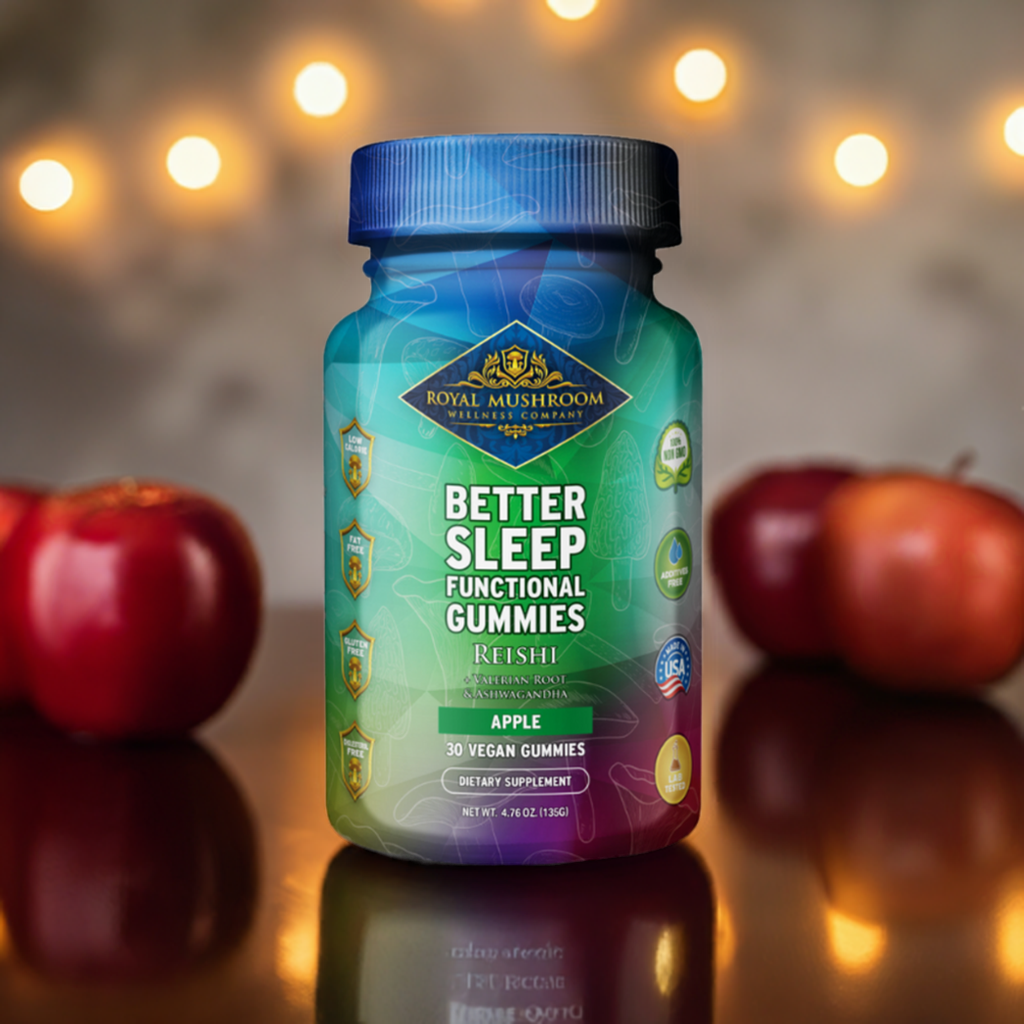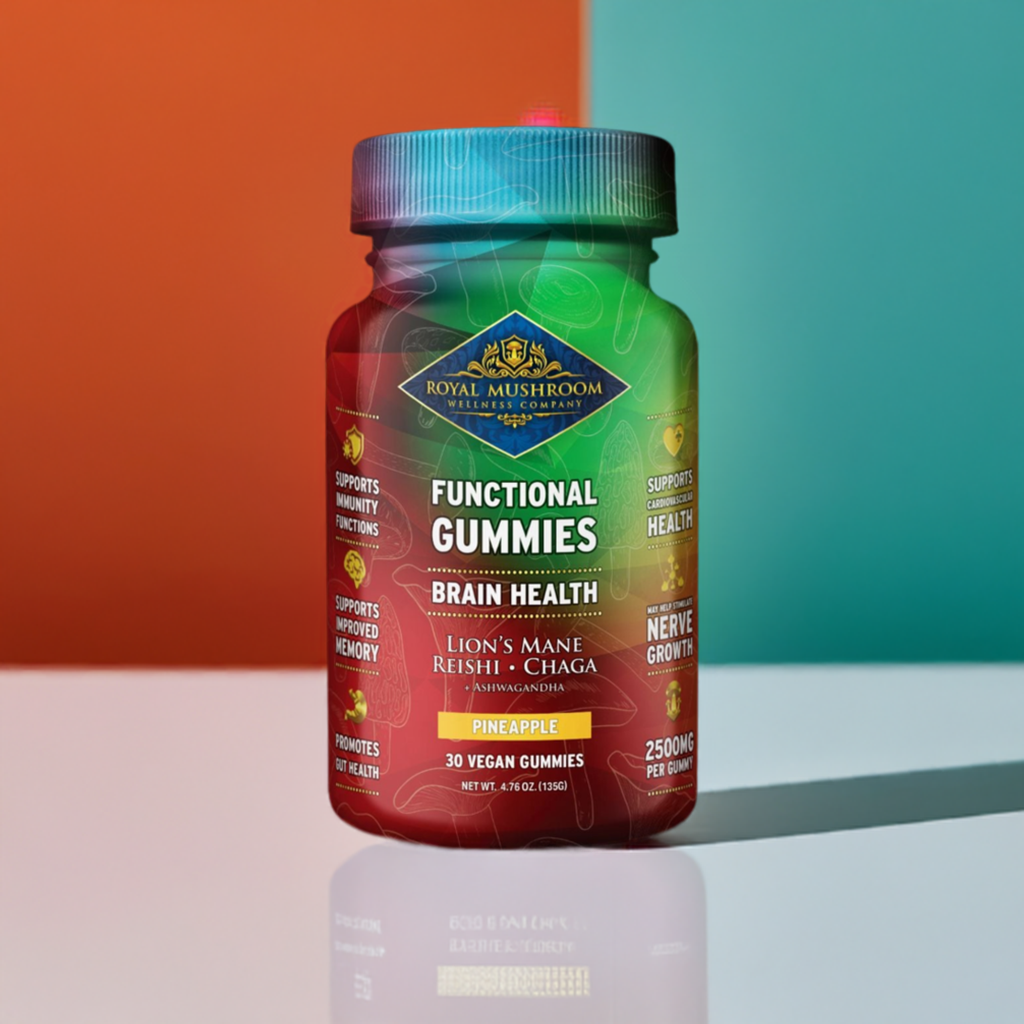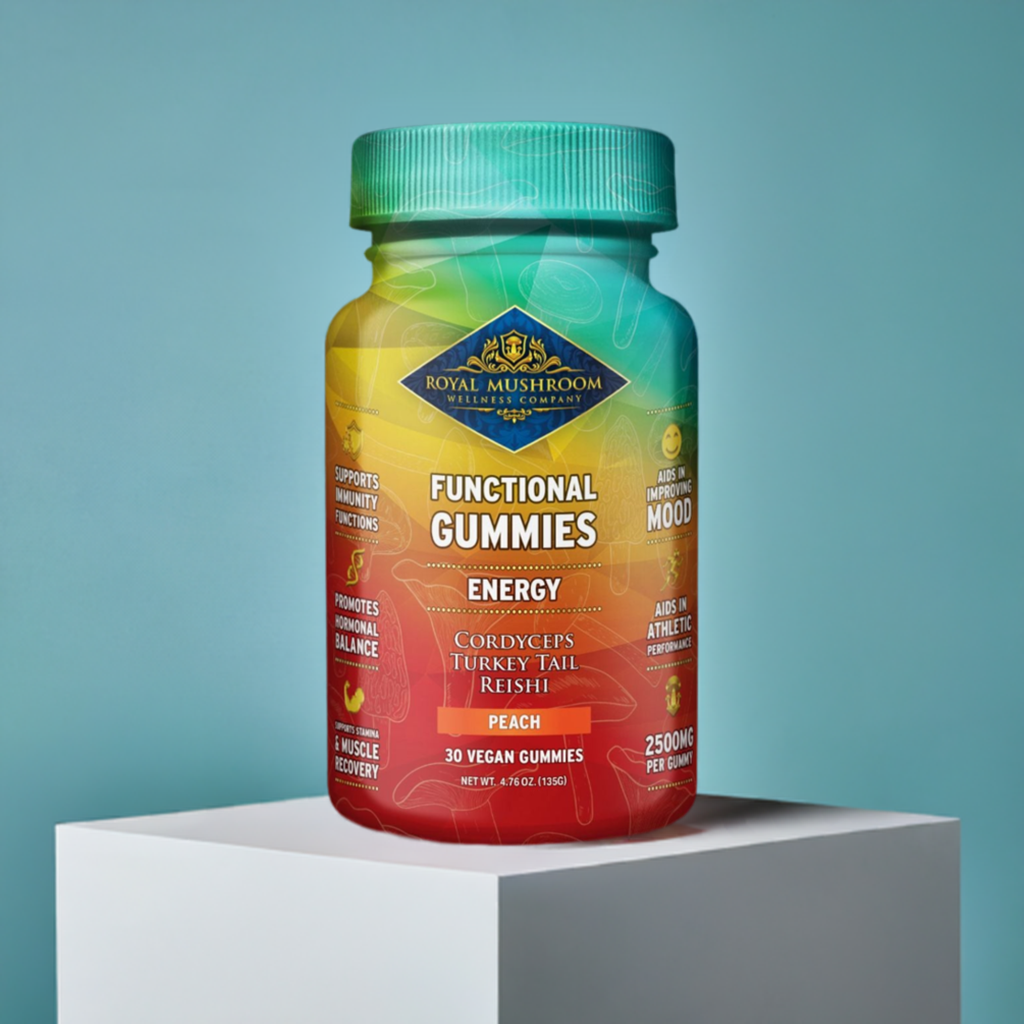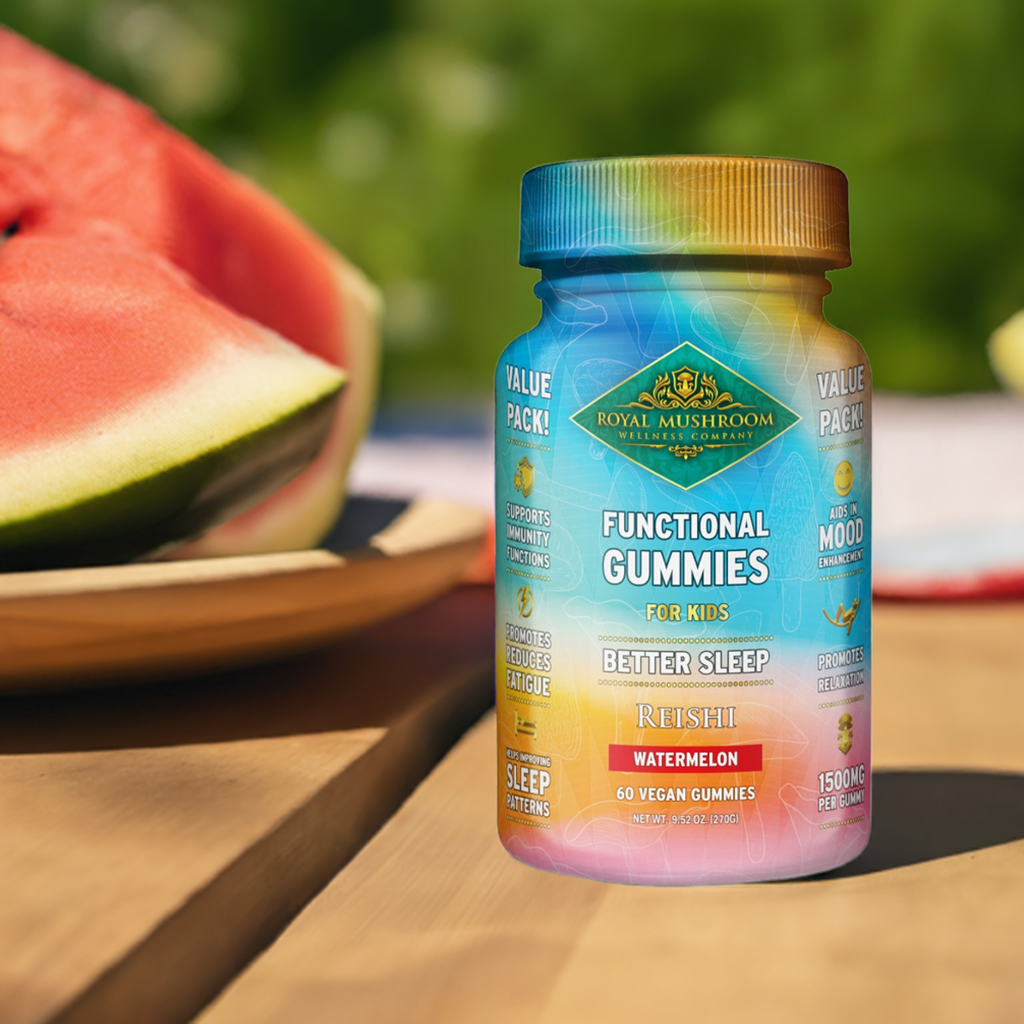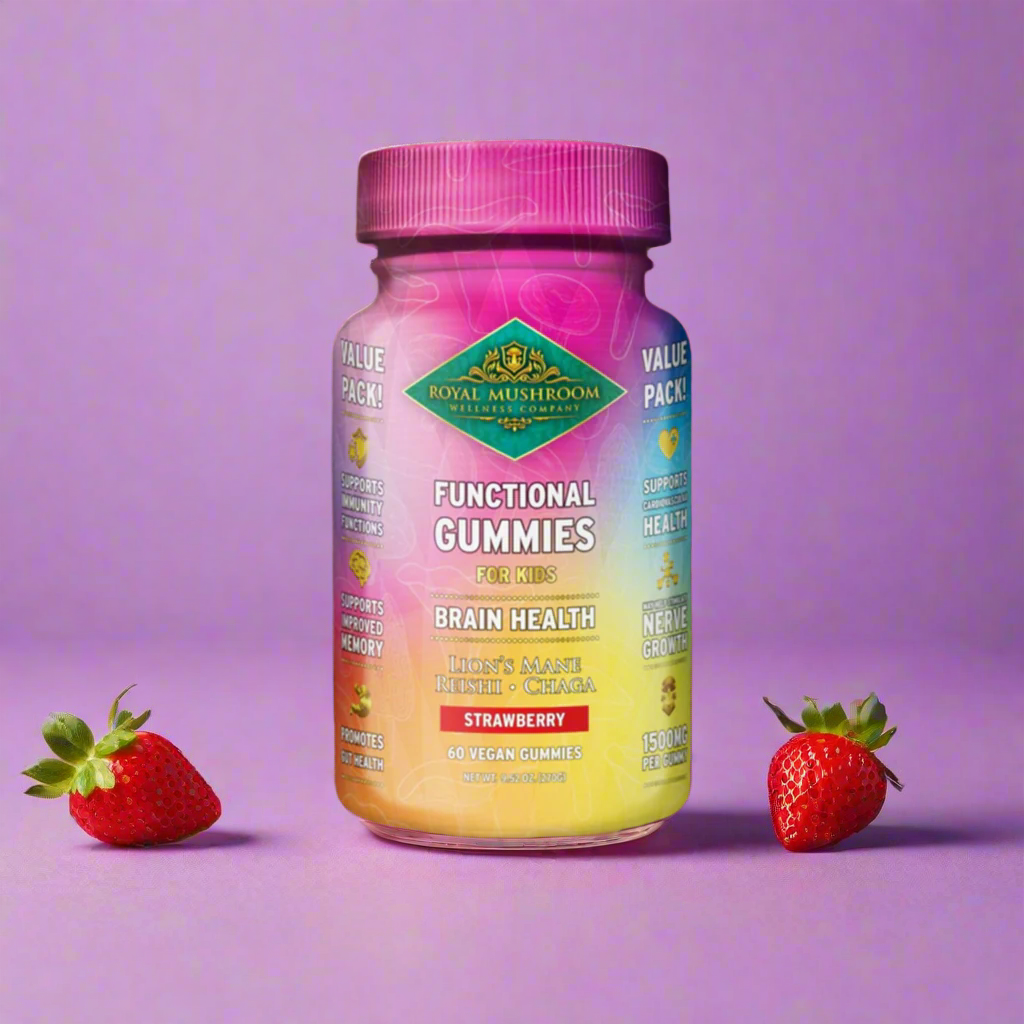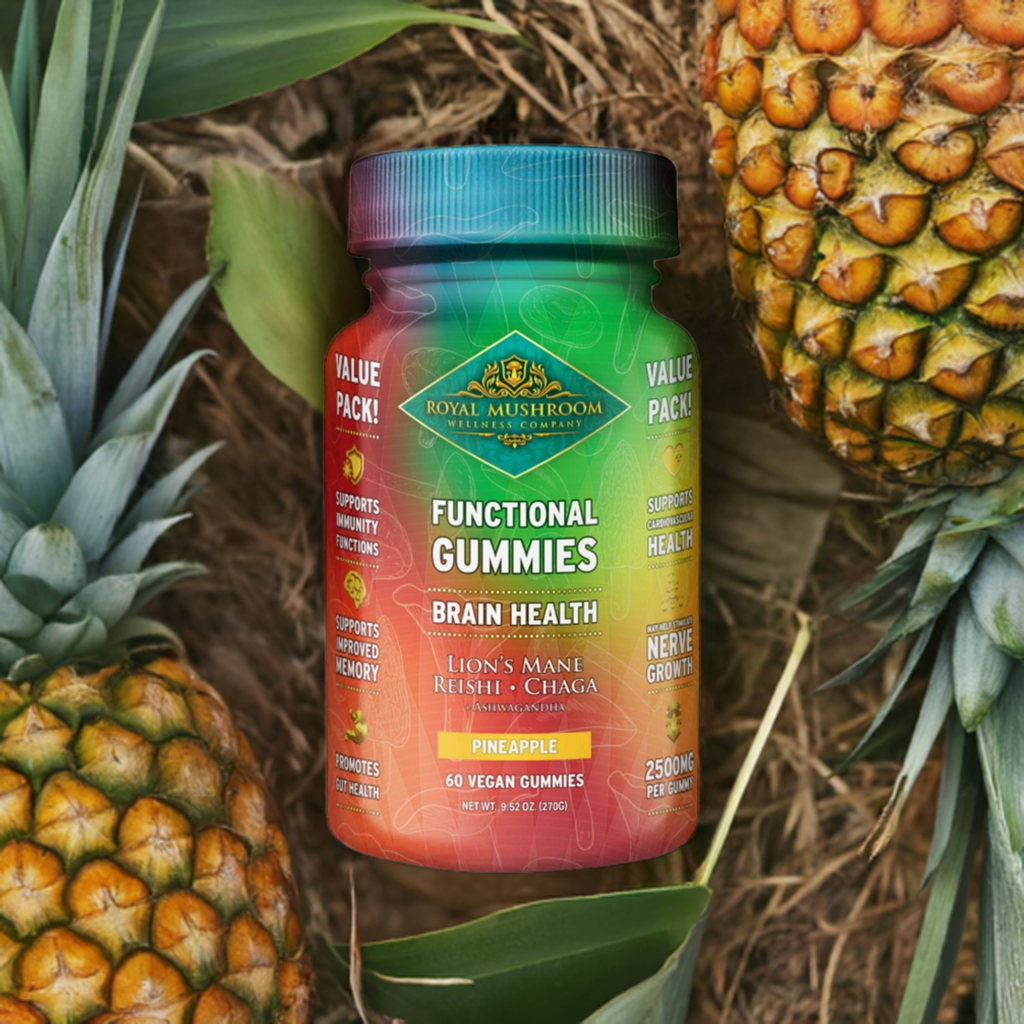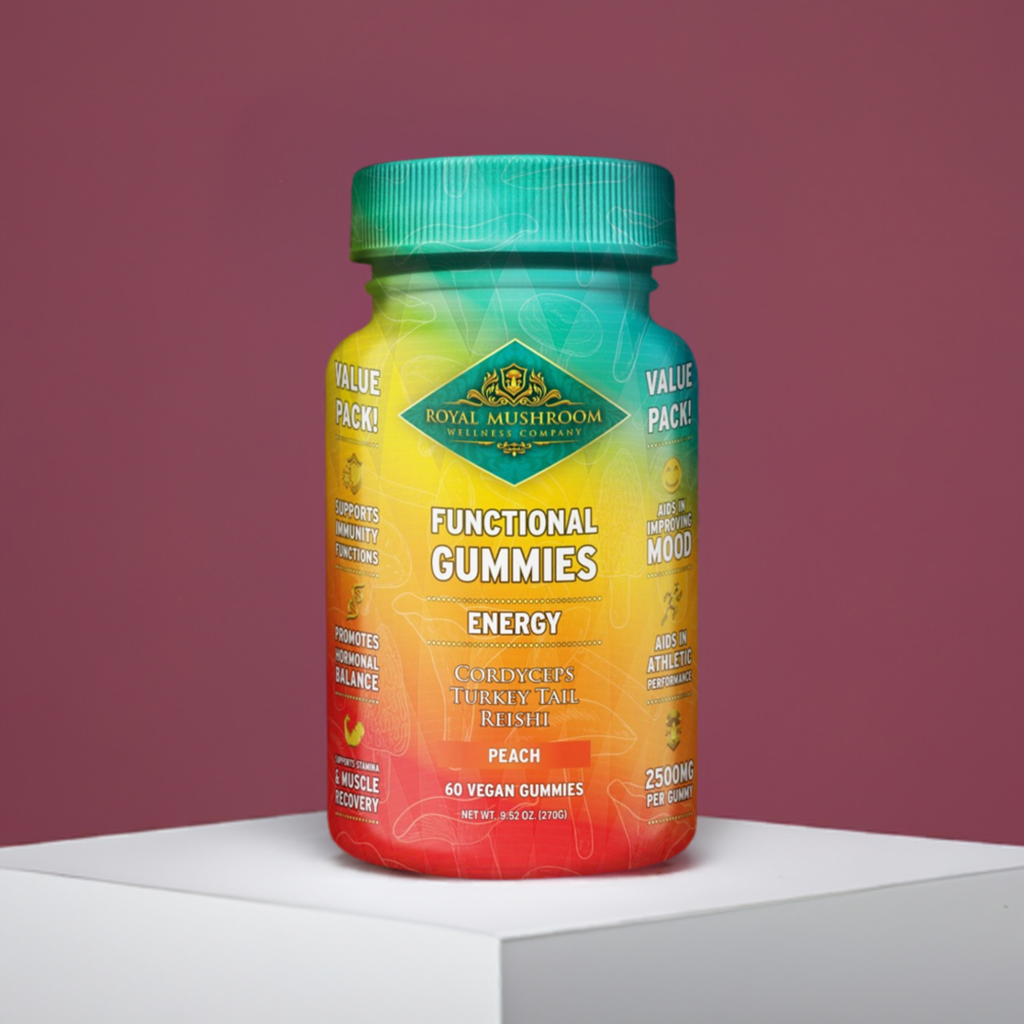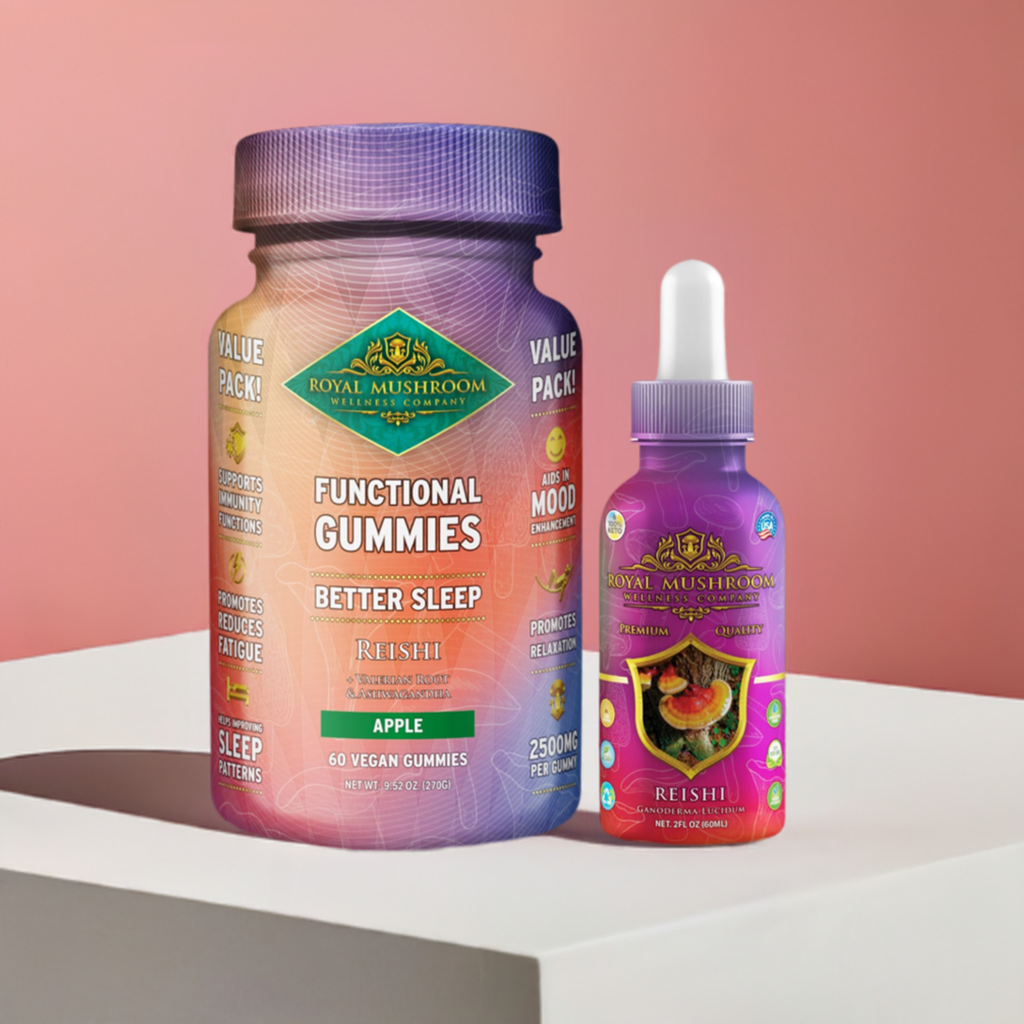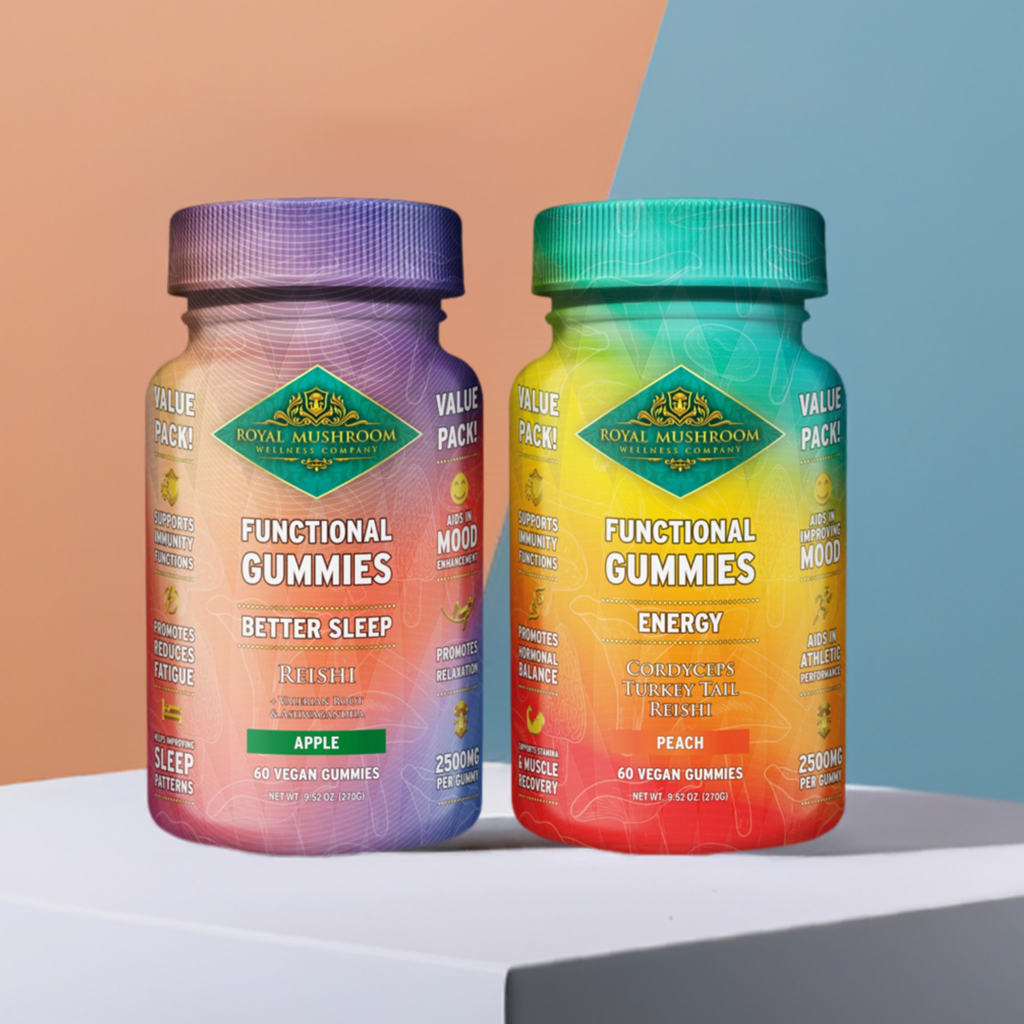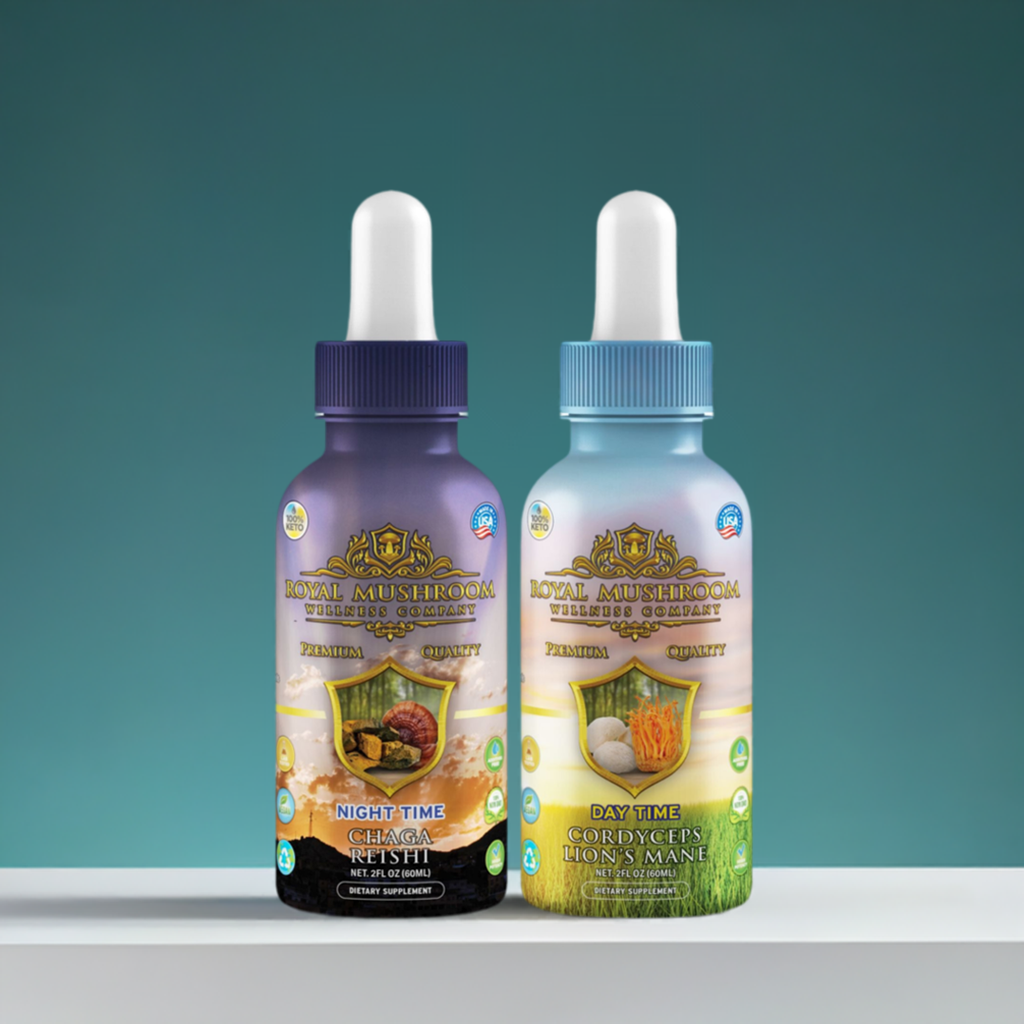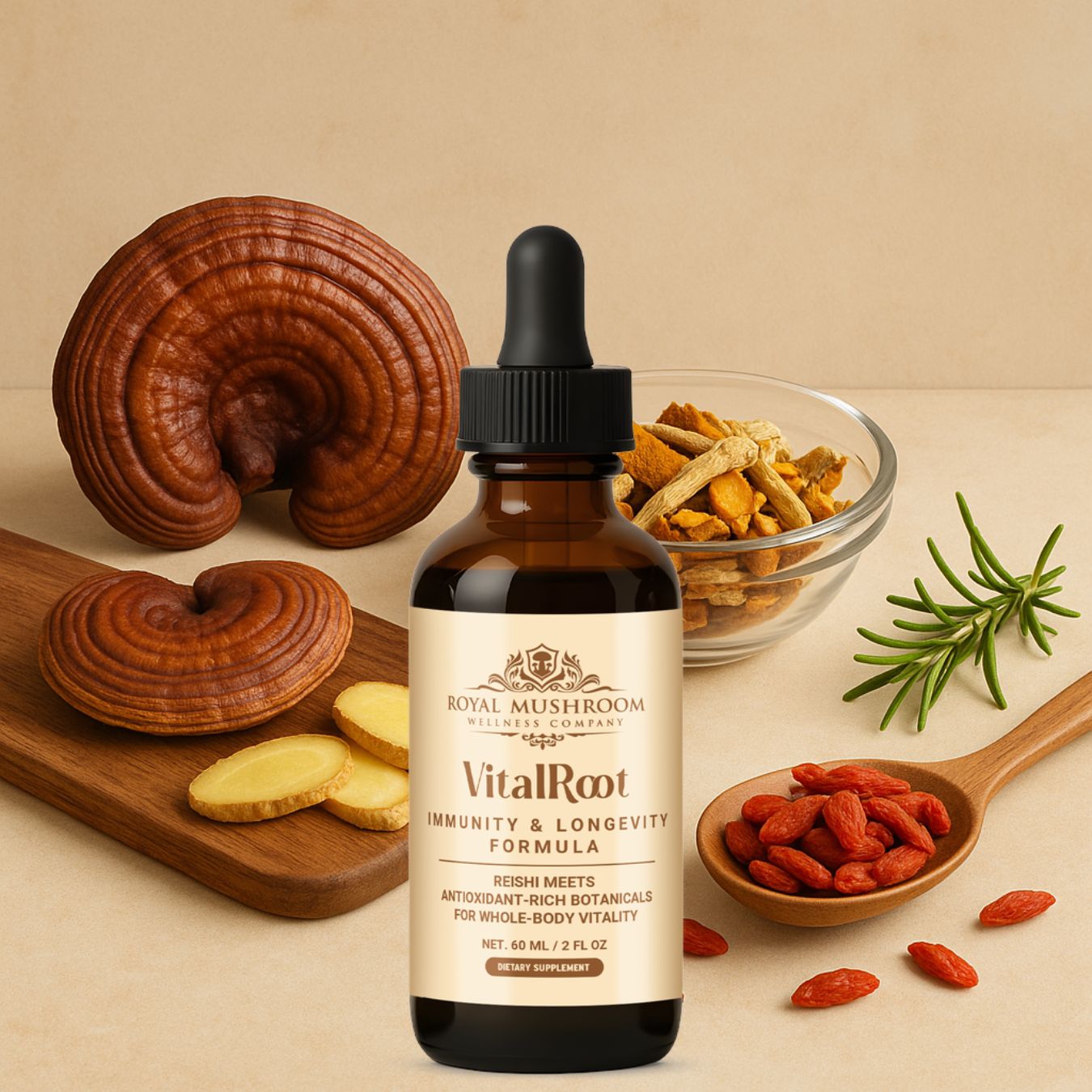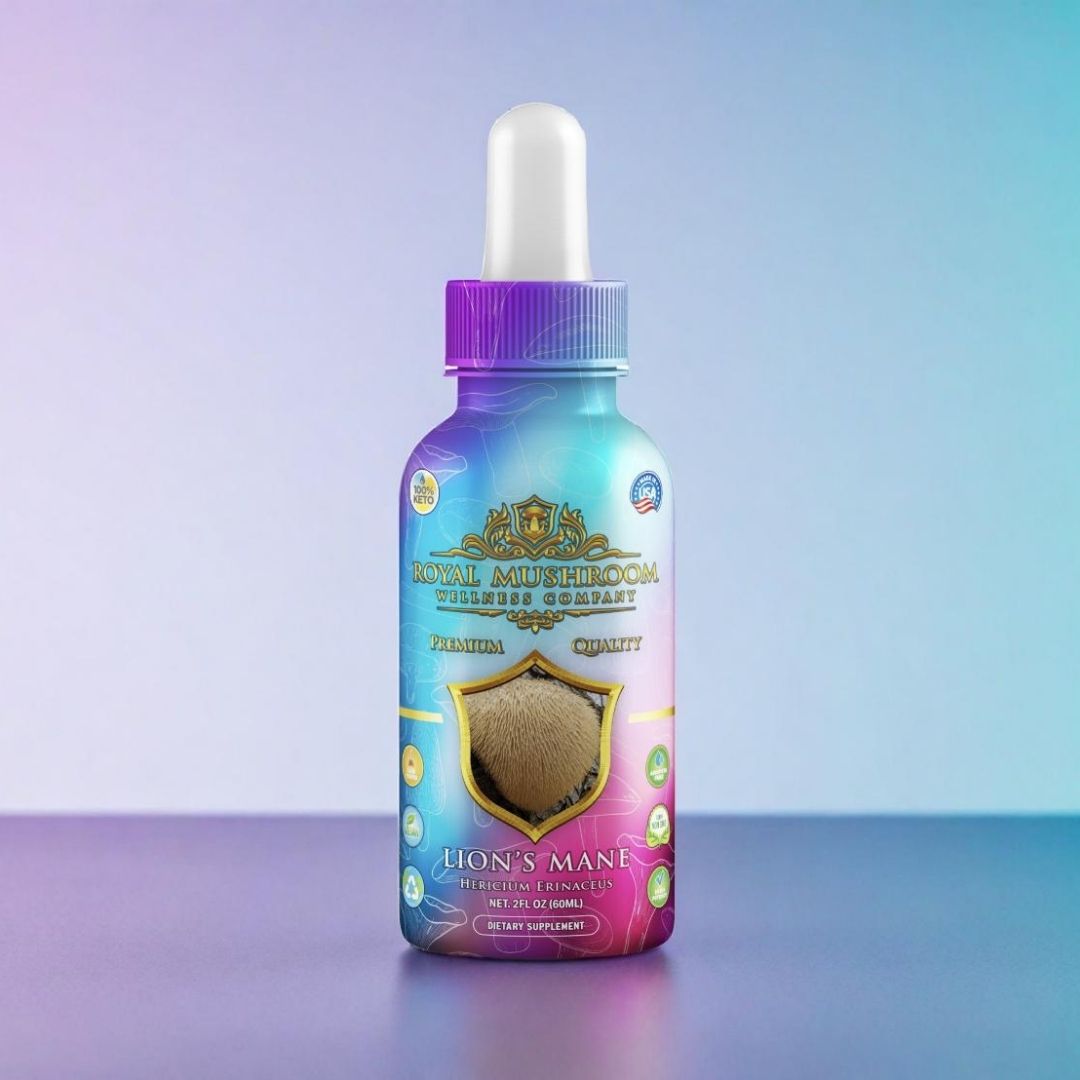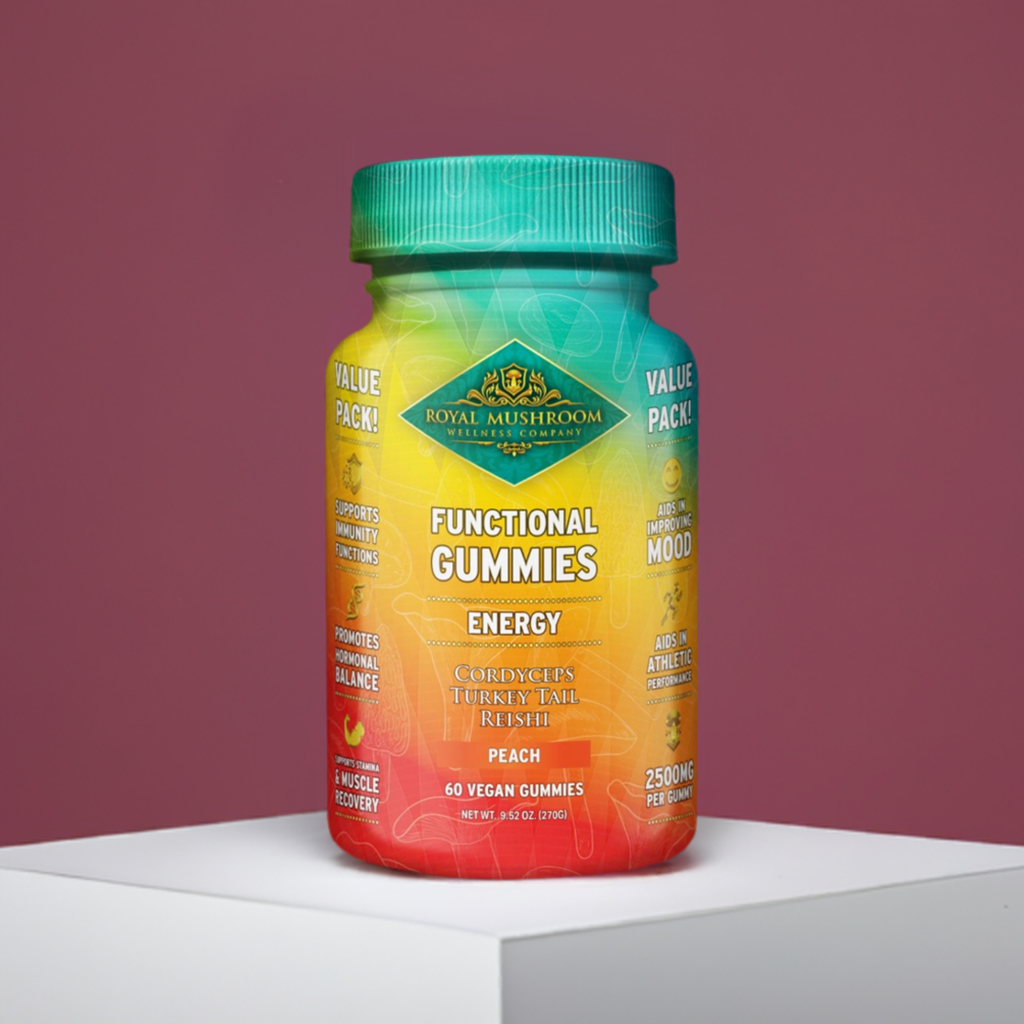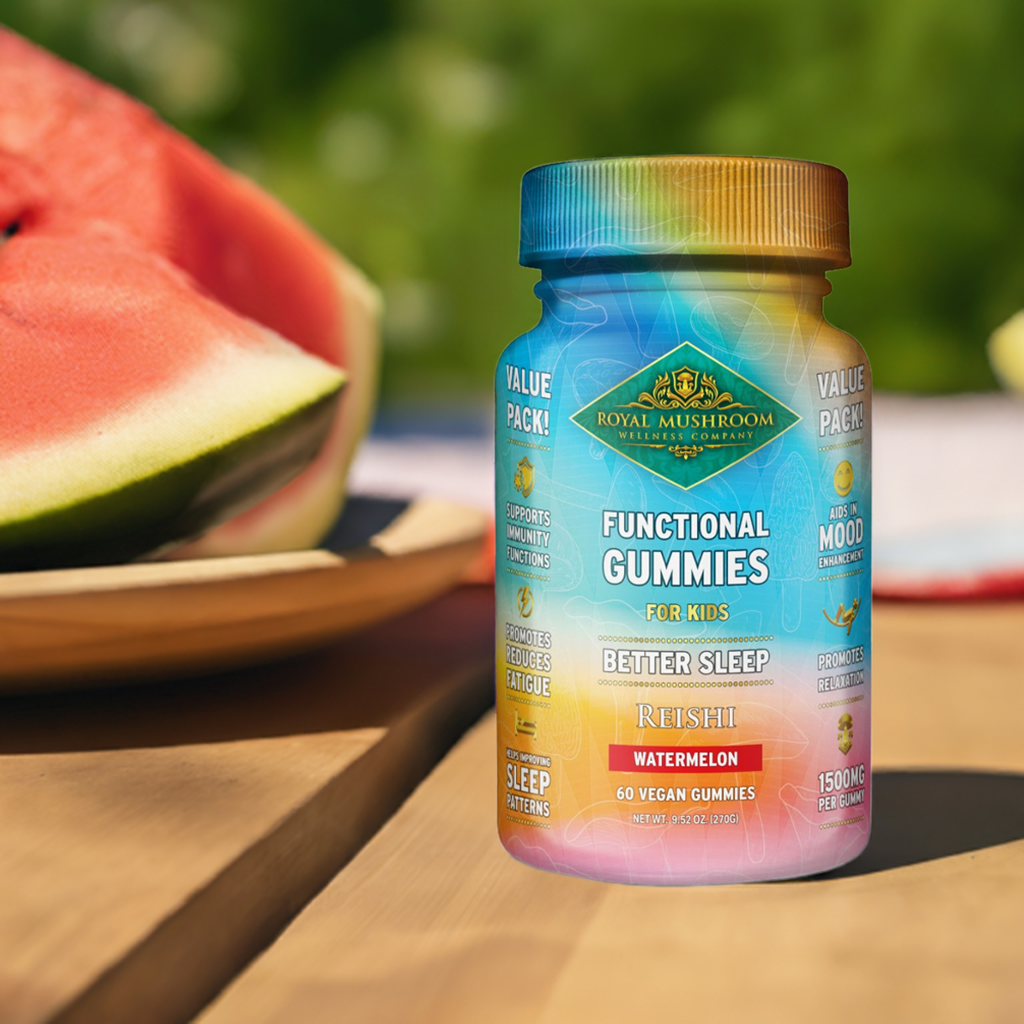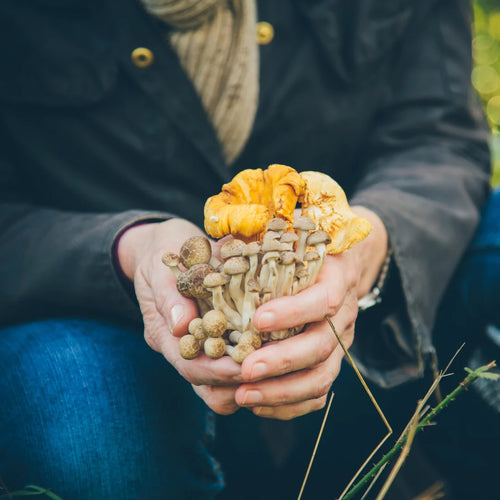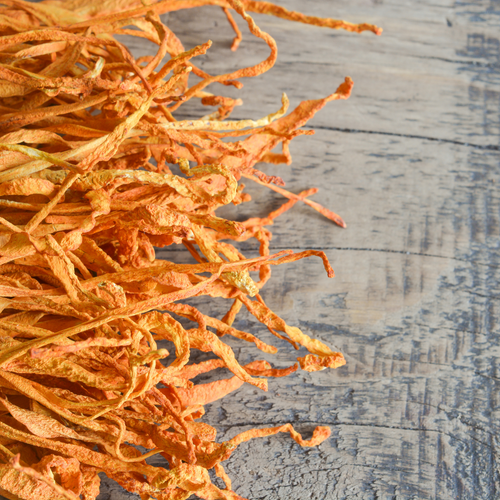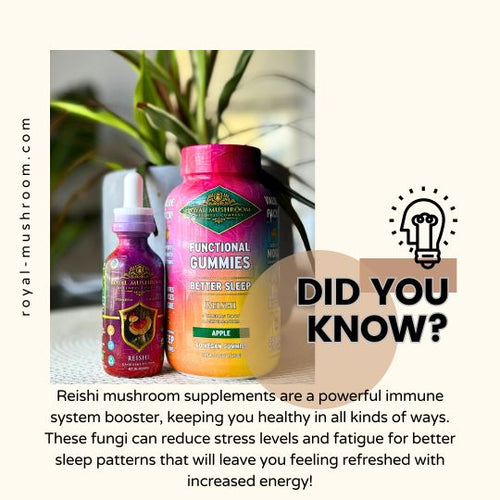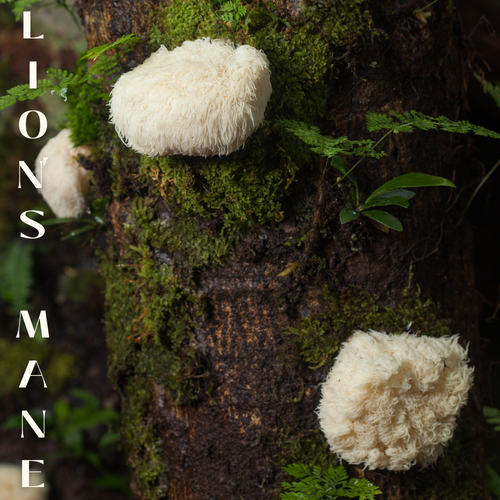As more people look for natural ways to improve their sleep, two popular options rise to the top: Reishi mushroom and melatonin. But when it comes to effective, safe, and long-term sleep support, which one really works better?
This guide compares Reishi vs. melatonin in depth, looking at their benefits, differences, side effects, and effectiveness—so you can choose the best natural sleep aid for your needs.
What Is Melatonin and How Does It Work for Sleep?
Melatonin is a hormone your brain naturally produces in response to darkness. It helps regulate your circadian rhythm, making you feel sleepy at night and alert in the morning.
Melatonin Sleep Benefits
- Supports falling asleep faster
- Helps regulate jet lag and shift work sleep disorders
- Widely available and fast-acting
However, there are growing concerns about melatonin side effects and long-term use.
Is Melatonin Safe for Long-Term Use?
According to the National Institutes of Health, short-term use is generally safe. But:
- Some users experience grogginess or vivid dreams
- Overuse can interfere with natural hormone production
- May cause tolerance over time
| Pros | Cons |
|---|---|
| Fast-acting | Habit-forming potential |
| Readily available | Grogginess, vivid dreams |
| Regulates circadian rhythm | May disrupt hormonal balance |
Melatonin is effective for quick sleep support, but it may not be a non-habit forming sleep supplement for everyone.
What Is Reishi Mushroom and Why Is It Gaining Popularity?
Reishi (Ganoderma lucidum) is an adaptogenic mushroom used in Eastern medicine for thousands of years. Unlike melatonin, which is a hormone, Reishi for sleep works indirectly by calming the nervous system.
Key Benefits of Reishi Mushroom Extract
- Reduces anxiety and stress (key causes of insomnia)
- Enhances deep sleep quality over time
- Improves immune system function
Reishi is rich in triterpenes and beta-glucans, which contribute to its calming effects and GABA support for sleep.
Does Reishi Help with Sleep?
Research published in Phytomedicine (source) shows that Reishi mushroom extract promotes longer non-REM sleep and decreases wakefulness during the night.
Unlike melatonin, Reishi does not immediately make you sleepy. Instead, it's a mushroom-based sleep aid that builds effectiveness over time.
Key Differences: Reishi vs. Melatonin for Sleep Support
| Feature | Melatonin | Reishi Mushroom |
| Type | Hormone | Adaptogenic mushroom |
| Onset | Fast (30-60 mins) | Gradual (days to weeks) |
| Habit-forming? | Potentially | No |
| Targets sleep cycle? | Yes (circadian rhythm) | Indirectly (stress/anxiety reduction) |
| Natural insomnia treatment? | Short-term | Long-term support |
Reishi vs Melatonin for Sleep: Summary
-
Melatonin is best for jet lag or occasional sleeplessness.
-
Reishi is better for chronic stress-induced insomnia or those seeking a plant-based sleep remedy.
Reishi and Melatonin Together: Is It Safe?
Can I Take Reishi and Melatonin Together?
Yes, but it depends on your goals. Combining the two can:
-
Provide immediate relief (melatonin)
-
Build long-term sleep quality (Reishi)
However, always consult your doctor before combining supplements, especially if you're on medication.
Potential Side Effects of Melatonin + Reishi
-
Rare interaction risk
-
Possible next-day grogginess from melatonin
-
Reishi may lower blood pressure in some users
Which Is Better for You: Reishi or Melatonin?
Choosing between Reishi or melatonin for insomnia depends on your sleep challenges:
Choose Melatonin If:
-
You need fast, short-term sleep support
-
You're traveling across time zones
-
You don't mind potential grogginess
Choose Reishi If:
-
Your insomnia is stress-related
-
You're looking for a natural sleep solution with no hormonal interference
-
You want a non-drowsy sleep aid supplement
| Scenario | Best Choice |
| Jet lag | Melatonin |
| Chronic insomnia | Reishi |
| Stress-related wakefulness | Reishi |
| Quick sleep onset needed | Melatonin |
FAQs: Choosing the Right Natural Sleep Supplement
Is Reishi Better Than Melatonin for Sleep?
Yes, if you're looking for long-term, non-habit forming sleep supplements that also improve anxiety and immune function.
How Long Does Reishi Take to Improve Sleep?
Users typically see results in 7–14 days with consistent use. It's not an instant solution, but it builds better sleep habits over time.
What Are the Side Effects of Melatonin?
-
Grogginess
-
Headaches
-
Hormonal imbalance with prolonged use
Can Reishi Help with Anxiety and Sleep?
Yes. Reishi is known for its calming effects and ability to lower cortisol, which helps reduce anxiety-related insomnia.
Which Works Faster: Reishi or Melatonin?
Melatonin works faster but wears off quickly. Reishi takes longer but promotes deep sleep supplements benefits over time.
Is Melatonin Habit-Forming?
It can be if overused. Many people develop tolerance or need higher doses.
What’s the Safest Sleep Supplement?
Reishi is widely considered one of the safest long-term melatonin alternatives.
Final Verdict: Choosing a Long-Term Natural Sleep Solution
If you're deciding between Reishi vs melatonin for sleep, here’s the bottom line:
-
Use Melatonin for occasional, quick sleep support.
-
Choose Reishi for long-term natural insomnia treatment with added health benefits.
Both have their place—but for daily, sustainable, plant-based sleep remedies, Reishi takes the lead.
